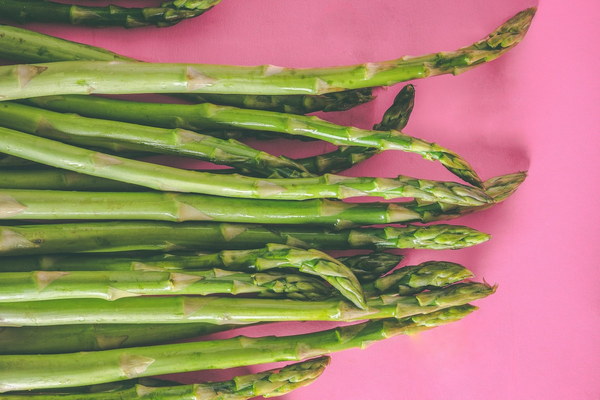Does the Traditional Chinese Medicine Formula Yang Pi San Really Nourish the Spleen and Stomach
In the realm of Traditional Chinese Medicine (TCM), the formula Yang Pi San has long been esteemed for its potential to nourish the spleen and stomach. But does this ancient remedy truly live up to its reputation? This article delves into the origins, composition, and efficacy of Yang Pi San to provide a comprehensive understanding of its potential benefits.
Origins of Yang Pi San
Yang Pi San is a traditional Chinese herbal formula that dates back to the Song Dynasty (960-1279 AD). It is rooted in the foundational principles of TCM, which emphasize the balance of Yin and Yang and the harmonization of Qi (vital energy) in the body. The formula is designed to address the spleen and stomach, which are considered the central organs in TCM for digestion and nutrient absorption.
Composition of Yang Pi San
The formula consists of several herbs, each with its own unique properties:
1. Atractylodes Macrocephala (Bai Zhu): Known for its ability to strengthen the spleen and stomach, as well as its anti-inflammatory properties.
2. Codonopsis Pilosula (Dang Shen): This herb is renowned for its energy-boosting properties, as well as its ability to improve the immune system.
3. Cimicifuga Foetida (Chuan Xiong): This herb is believed to help alleviate pain and improve circulation, which may benefit the spleen and stomach.

4. Poria (Fu Ling): Known for its diuretic properties and its ability to help with fluid retention, Poria may aid in digestion and reduce bloating.
5. Alisma Orientalis (Ze Xie): This herb is commonly used to treat edema, diarrhea, and other digestive issues, as it helps to eliminate dampness from the body.
6. Cinnamomum Cassia (Rou Gui): Known for its warming properties, Cinnamomum Cassia may help to improve blood circulation and support the spleen and stomach.
Efficacy of Yang Pi San
While scientific research on Yang Pi San is limited, there are several reasons to believe that the formula may indeed nourish the spleen and stomach:
1. Herbal Synergy: The combination of herbs in Yang Pi San works synergistically to address multiple aspects of spleen and stomach function. This may result in a more comprehensive and effective treatment than single-herb remedies.
2. Historical Use: For centuries, Yang Pi San has been used to treat a variety of digestive issues, such as bloating, indigestion, and diarrhea. This historical use suggests that the formula may be effective for these conditions.
3. Modern Research: Some modern studies have explored the individual herbs in Yang Pi San and found promising results. For example, Atractylodes Macrocephala has been shown to have anti-inflammatory and antioxidant properties, which may benefit the spleen and stomach.
Potential Benefits of Yang Pi San
If Yang Pi San is effective in nourishing the spleen and stomach, it may offer the following benefits:
- Improved digestion
- Increased nutrient absorption
- Reduced bloating and gas
- Enhanced immune system function
- Increased energy levels
Conclusion
While more research is needed to fully understand the efficacy of Yang Pi San, the combination of historical use, herbal synergy, and modern research suggests that this traditional Chinese medicine formula may indeed nourish the spleen and stomach. If you are considering using Yang Pi San, it is important to consult with a qualified TCM practitioner to ensure that it is appropriate for your specific needs and to ensure safe and effective use.









